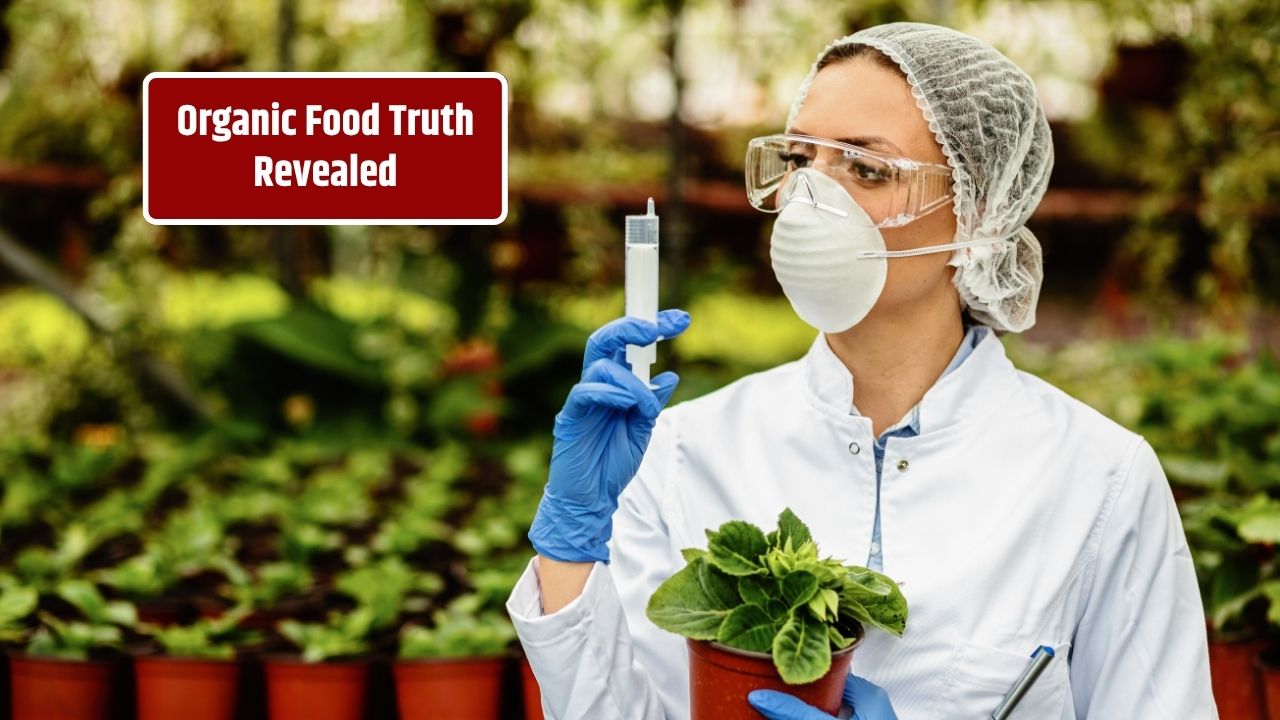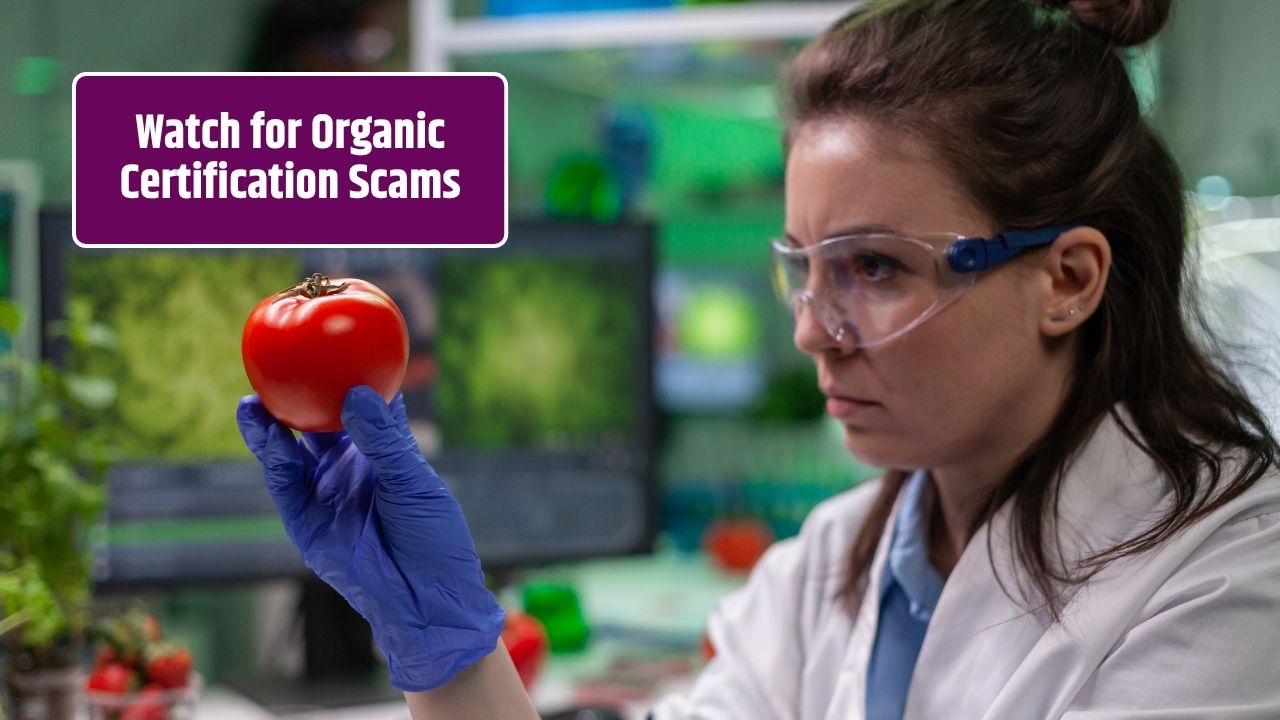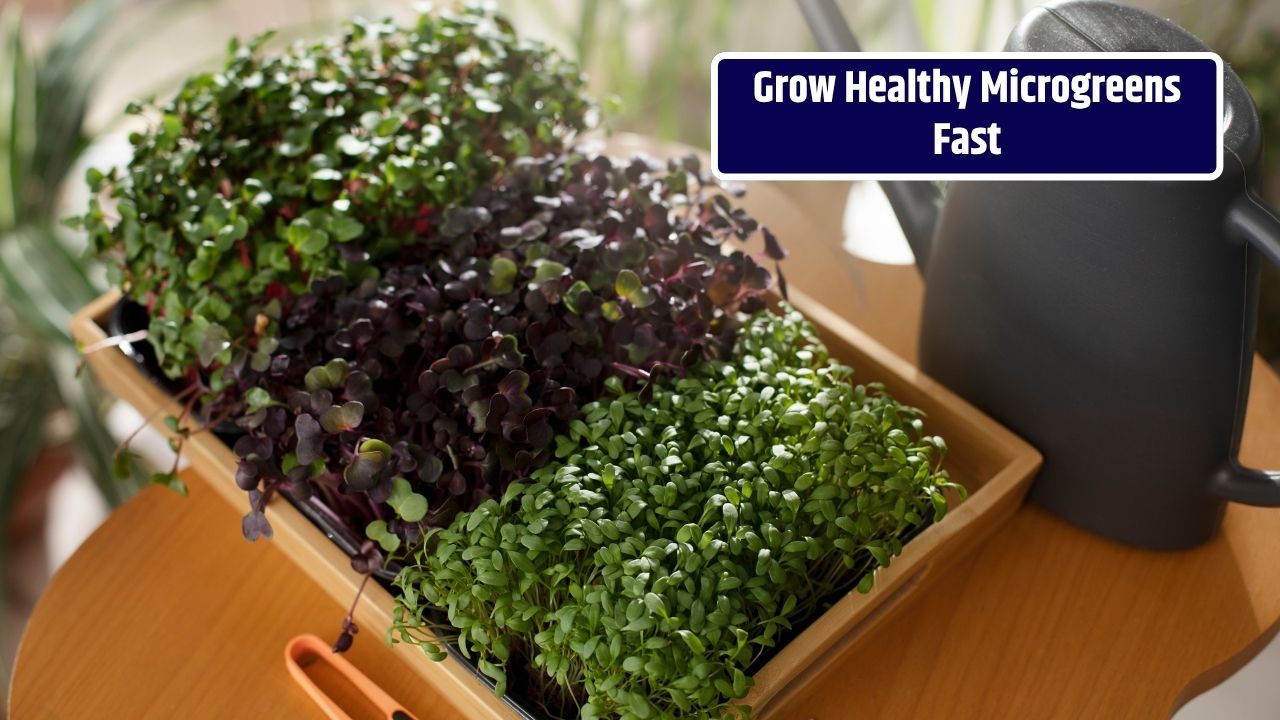The debate over whether organic food is truly better has intensified in 2025, as new research brings fresh insight into nutrition, environmental impact, and food safety. While many consumers choose organic for perceived health benefits and sustainability, science continues to examine whether these beliefs are fully supported by evidence.
Let’s explore the latest findings from 2025 that help answer the question: Is organic food really better?
Table of Contents
What Does “Organic” Really Mean?
Organic food is grown without synthetic fertilizers, pesticides, genetically modified organisms (GMOs), or antibiotics in livestock. Certification standards vary by country, but in the U.S., USDA Organic products must meet strict criteria regarding:
- Soil quality and crop rotation
- Natural pest and weed control methods
- Animal welfare and outdoor access
- No synthetic additives or irradiation
2025 Research Highlights: Nutrition, Safety, and Environment
Recent studies published in peer-reviewed journals and backed by institutions like the USDA, WHO, and European Food Safety Authority are shedding more light on the real differences between organic and conventional foods.
1. Nutritional Value: Small but Notable Differences
Several 2025 meta-analyses suggest that organic fruits, vegetables, and grains contain:
- 10–20% higher antioxidant levels
- Slightly more vitamin C and polyphenols
- Lower levels of cadmium and nitrates
However, protein, fiber, and macronutrient content remain similar between organic and non-organic foods.
Bottom Line: Organic foods may offer modest nutritional advantages—especially when consumed regularly over time.
2. Pesticide Residue: Still a Key Differentiator
New 2025 USDA surveillance data confirms that organic produce carries significantly lower pesticide residues, even compared to conventionally grown foods that fall within legal limits.
- 93% of organic produce samples had no detectable synthetic pesticide residues
- In contrast, 58% of conventional produce tested positive for at least one residue
- No banned substances were found in certified organic foods
Bottom Line: Organic food remains a safer option for those trying to minimize exposure to chemical residues—especially for children and pregnant individuals.
3. Antibiotic Resistance: Lower Risk in Organic Meat and Dairy
A major 2025 study from Johns Hopkins found that organic livestock farms had far fewer antibiotic-resistant bacteria, including strains of E. coli, Salmonella, and Listeria.
This is largely due to strict organic standards prohibiting routine antibiotic use.
Bottom Line: Choosing organic meat and dairy can reduce your risk of exposure to drug-resistant pathogens.
4. Environmental Impact: Organic Still Leads in Soil Health
New satellite and field data confirm that organic farming enhances biodiversity and soil carbon better than conventional methods, especially when using:
- Crop rotation and cover cropping
- No synthetic nitrogen fertilizers
- Natural pest management
However, organic farming often has lower yields per acre, which could impact land use if scaled globally.
Bottom Line: Organic farming is generally more sustainable—but yield efficiency remains a concern.
Is Organic Food Worth the Price?
Organic products often cost 20% to 50% more, which raises valid concerns for consumers. But 2025 research suggests that long-term health and environmental benefits may offset the higher price:
- Fewer chronic pesticide exposures
- Lower antibiotic resistance risks
- Better ecosystem outcomes
For budget-conscious shoppers, prioritizing organic versions of high-residue foods (like strawberries, spinach, and apples) may offer the most benefit.
FAQs
Does organic food taste better?
Taste is subjective, but some people report fresher flavor due to shorter supply chains and seasonal harvesting.
Is organic always GMO-free?
Yes. USDA Organic standards prohibit genetically modified organisms in food or animal feed.
Can conventional food be just as healthy?
Yes, especially when it’s fresh, seasonal, and part of a balanced diet. Organic is not a requirement for good nutrition.




















